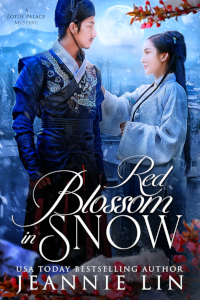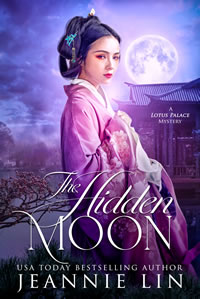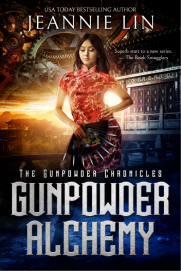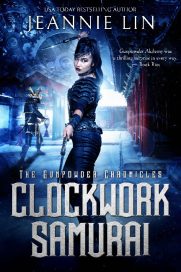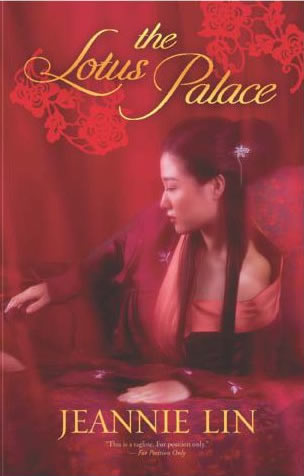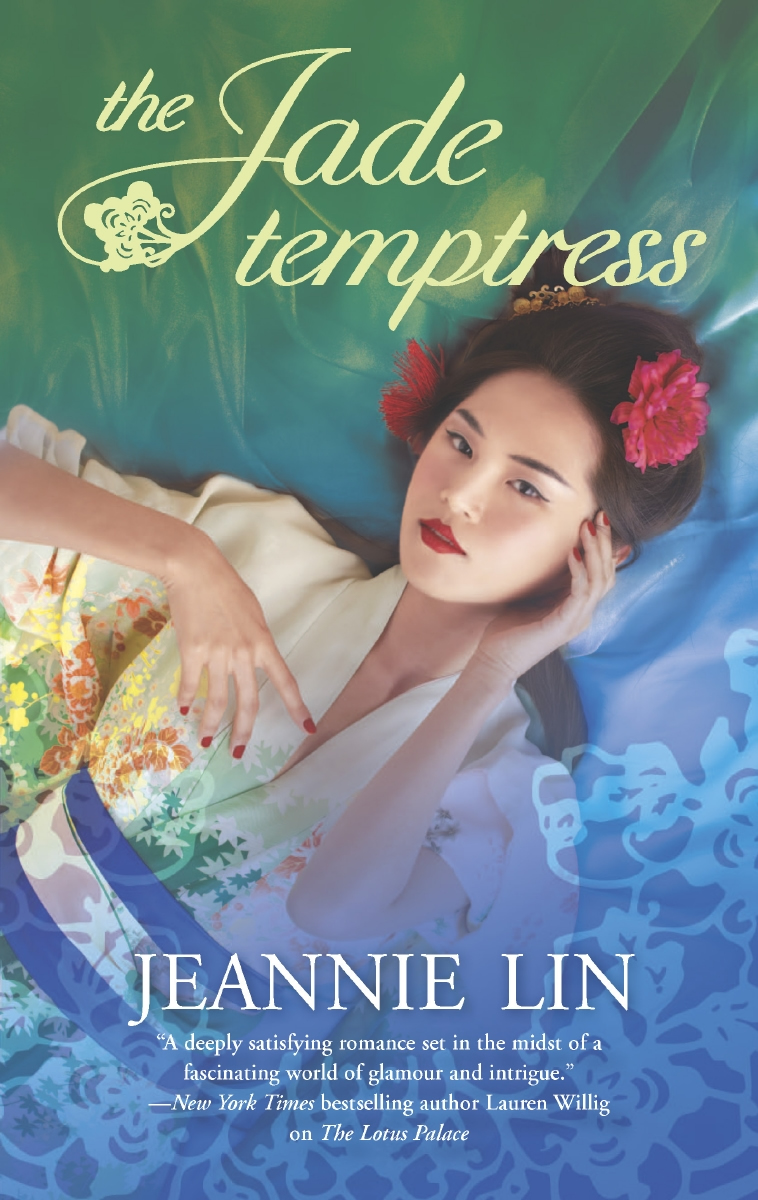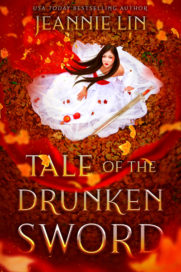When Shawntelle and I gave our talk on “The Review Game: The Shy Girl’s Guide to Getting Noticed”, I declined to have our talk recorded. We also gave many caveats that what works today might not work tomorrow during our workshop.
That’s the only way to guarantee that you’ll say something that’s absolutely spot on in a lecture — by warning people that everything will change. 🙂
It seems like reviews are the everlasting lament of authors. It seems so hard now to get noticed at all and when your book is languishing with a few reviews on Amazon put there by your best friend from high school and your mom (Thanks for the three stars, Mom. Tough love, man.), it just seems like further proof that no one will ever find your work.
And there’s all sorts of advice on how to get more reviews. All of it good and yet at the same time, hair-rendingly frustrating. Street teams. Advance review teams. Netgalley. Giveaways. Lots and lot of giveaways.
And then people will review on Goodreads, but not Amazon where buyers and advertisers look.
Yes, all this gets to me too. I’ve always been neck deep in the Review Game and, I must admit, I used to love the fight. It was all part of the game, you know?
But…and I’m about to say something more vulnerable than perhaps I should. For this reason, I am closing comments off on this thread because I don’t want a string of bolstering comments from well-wishers because I’m about to say this. Thank you for those positive thoughts. I promise you, I know where I stand and I know what sort of writer I am and I feel the love in the ether — I don’t need to see it on this comment stream.
After a string of complete flops on books that I felt were some of my best work so far, I stopped playing the Review Game. And for this last book, A Dance with Danger, I felt so awful about it, I buried my head in the sand and didn’t send out or request any reviews at all except for providing a book to my chapter review program. I wanted it to just go away.
It’s…it’s gut-wrenchingly awful not to feel so proud of your work that you want to shout it from the rooftops. This is coming from an admitted attention whore.
Come on…we’re authors. We’re all attention whores to some extent. I didn’t write my books so no one would read them.
But…if you’ve stayed with me, you’ll realize this is not a mope-fest. Jeannie does not mope for too long. She just doesn’t have the time.
As I was burying my head, bloggers who had read my books in the past started reaching out to me to ask me about the book. Asking when it was coming out, how to get review copies. Reviewers picked it up and reviewed it anyway, some good, some bad.
I don’t have a hundred 5 star reviews on Amazon, so take my review advice with lots of salt, but some things are still true. At least, I still believe them to be true, from this nice dark place beneath the sand:
- Write a fucking good book. You might not get noticed at all
- So write another fucking good book. You’re probably still not going to get noticed.
- So write another and another and another.
There will be a time when even when you don’t want to be noticed, people will still be looking for your next book. They’ll want to know what’s in it. They’ll want to talk about it. Maybe it’s only ten people, but that doesn’t suck.
And yes, you’ll do all the other things. You know, the teams and the review copies and the Game. But I just can’t speak to all the other stuff very well. Except for this one thing. This one thing I used to hear everywhere, but seems to have fallen out of vogue.
It’s not sexy advice. It’s not bestselling, revenue-generating, algorithm-busting advice.
It’s just the only thing that I can bear to say right now without feeling like I’m giving awful advice.
Cause hey, at the very least, you wrote a pretty darn good book.



